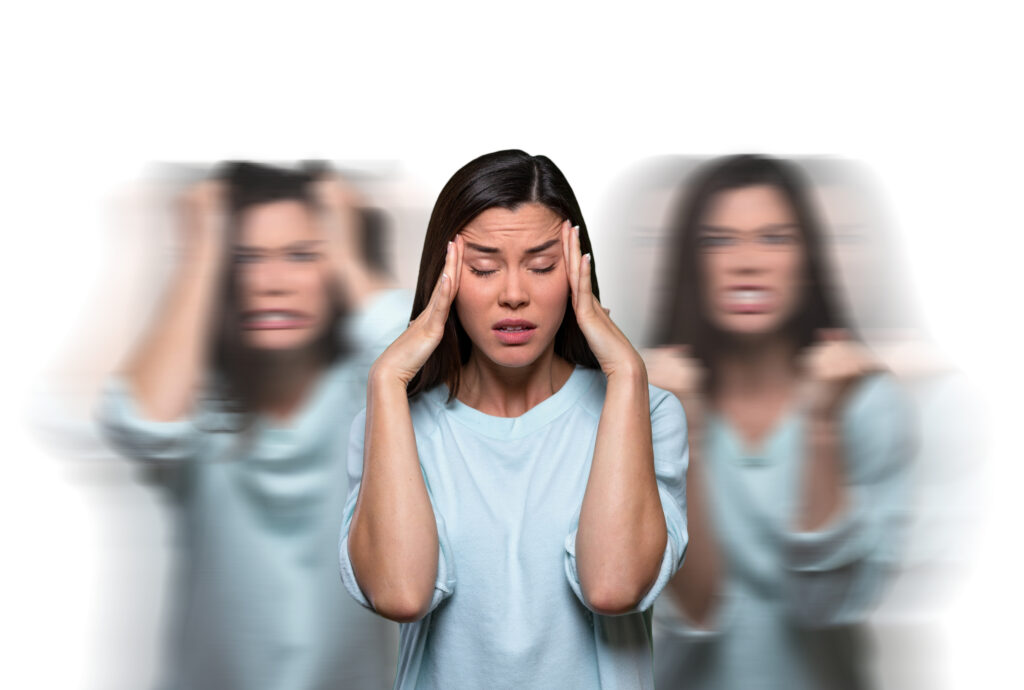| Refresh | This website greator.com/en/self-critical/ is currently offline. Cloudflare's Always Online™ shows a snapshot of this web page from the Internet Archive's Wayback Machine. To check for the live version, click Refresh. |

Being self-critical sounds negative at first. However, there is a difference between pathogenic perfectionism and healthy self-reflection. Below you will find out how you can channel your tendency towards self-criticism into constructive channels and even benefit from it.
As the name suggests, self-critical people scrutinize their behaviour critically. They ask themselves in a wide variety of situations whether they have reacted appropriately or made the right decision. To do this, it is necessary to analyze your own emotions and to reflect on the resulting actions.
Put simply, self-critical people are able to admit their mistakes and learn from them. As you can see, the negative image attached to the word criticism does not always have to be true. Whether the tendency towards self-criticism is beneficial or harmful depends solely on the individual's characteristics!
When are you too self-critical? When does it harm you? Answering this question is not so easy, because there is a fine line between healthy self-reflection and excessive self-criticism. Basically, your own well-being is an important indicator. If you are constantly talking yourself down and generally questioning your kindness and competence, you have crossed the line.
Knowing the difference between healthy and harmful self-criticism is fundamentally important in order to maintain a healthy Self-confidence to maintain. It's basically like a self-fulfilling prophecy: if you keep telling yourself that you're not doing anything right, you make yourself insecure, which increases the likelihood that you will actually fail again and again. A vicious circle that needs to be broken.
Am I being too self-critical? If you ask yourself these Ask a questionyou should know the following 5 signs:
If something doesn't go as planned, whether it's interpersonal or professional, you always blame yourself first. This is true even if you know rationally that you are not responsible for the situation. Nevertheless, you have the inner conviction that it must be down to you or your supposed misconduct.
It may sound a little paradoxical, but self-critical people in particular find it very difficult to accept (constructive) criticism. As you are already very hard on yourself, criticism from other people is an additional burden.
Self-critical people define asking for help as a sign of weakness. However, as they do not want to feel weak, let alone be perceived as needy by those around them, they refrain from asking for help.
No matter what successes you have achieved: You will always find something you could have done better. That's why you can never really be happy about your successes. You also find it difficult to accept praise. You tend to wave off praise or try to appease it.
As already briefly mentioned, self-critical people do not want to be perceived as weak. They therefore neither ask for help nor do they generally admit to shortcomings. Instead, they try to cover up or compensate for weaknesses. As a result, self-critical people sometimes come across as arrogant and unapproachable.

Excessive self-criticism can have a devastating effect on your self-confidence and therefore on your mental health. This fact is repeatedly the subject of various Studies. Basically, there is no need for a lengthy explanation: anyone who puts themselves down in colloquial language cannot develop healthy self-confidence.
The difference between constructive and self-defeating self-criticism is that the latter is often very general (... I always fail at everything, I'm incapable ...) and you don't make any changes. In this way, you remain trapped in a spiral of self-pity, self-doubt and possibly even self-hatred.
This is why it is so important to find a balance between your critical and praising inner voice! This can Coaching play an important role, which we would like to discuss in more detail below.
If you are too self-critical and suffer from this, you can benefit from a professional Coaching benefit enormously. By encouraging self-reflection and by questioning and resolving negative beliefs you will learn to recognize and break through damaging self-critical patterns.
The coach acts as a supporter who helps you to help yourself. You will learn various methods to deal with your excessive tendency to self-criticism in the long term and channel it into positive channels.
The first step to change is to recognize harmful self-criticism as such! The most important indicators are a low Self-esteemdissatisfaction and a general psychological malaise.
Why are you self-critical in a destructive way? Often negative experiences, formative failures or childhood traumas are behind this. Work through these things for yourself - preferably with professional support.
No one is perfect. Accept that you too have individual strengths and weaknesses have. Being aware of your weaknesses can even help you to overcome them. make the right decisions and thus protect you from harm.
A common reason why people are extremely self-critical is that they compare themselves to others! However, comparing yourself can only make you unhappy and dissatisfied because every person has individual requirements. You are not the others - and that's a good thing!
Constructive self-criticism is characterized by concreteness. Avoid general negative formulations, but state exactly what you would like to change:
Are you very self-critical about things that you don't notice in others or don't think are so bad? Then here comes an old Wisdom to wear: Treat yourself with the forbearance and understanding that you would give to a good friend.
Almost everyone has made a decision in their life that they deeply regret. However, remember that you could not have known the consequences of your actions at the time because you did not have the relevant experience. Accept what you can no longer change and make peace with your past. Past.
Use self-criticism constructively by using it as an opportunity to positive changes take. Change what bothers you about yourself and be proud when you've done it. If you fail at something, don't judge yourself, but learn from it how you can do it better next time.
Not everyone tends to be self-critical. This is where your Personality type plays a decisive role. Quiet, reserved and very well-adjusted people often tend to be overly self-critical.
It's worth taking a look at this: Do you always want to please everyone and forget about your own Needs? Do you have the Feeling - Perhaps since childhood - not being good enough? Have your successes always been ridiculed or taken for granted, so that you have forgotten how to be proud?
Of course, you shouldn't change your personality in any way, because you are unique. However, knowing your own personality traits can help you to recognize and question excessive self-criticism in good time.
There are various methods for maintaining a healthy level of self-criticism in the long term and using it positively. Those who are very self-critical can positive affirmations help
In acute cases, mindfulness exercises have also proven effective in inner critics to silence them. You can find an overview and instructions in our extensive Professional article on the topic.
Dealing constructively with self-criticism helps you to learn from your mistakes and mature internally. Achieving a healthy and realistic self-image and building self-confidence are important steps for your positive personal development, which will help you achieve greater life satisfaction and success in all areas of life.



